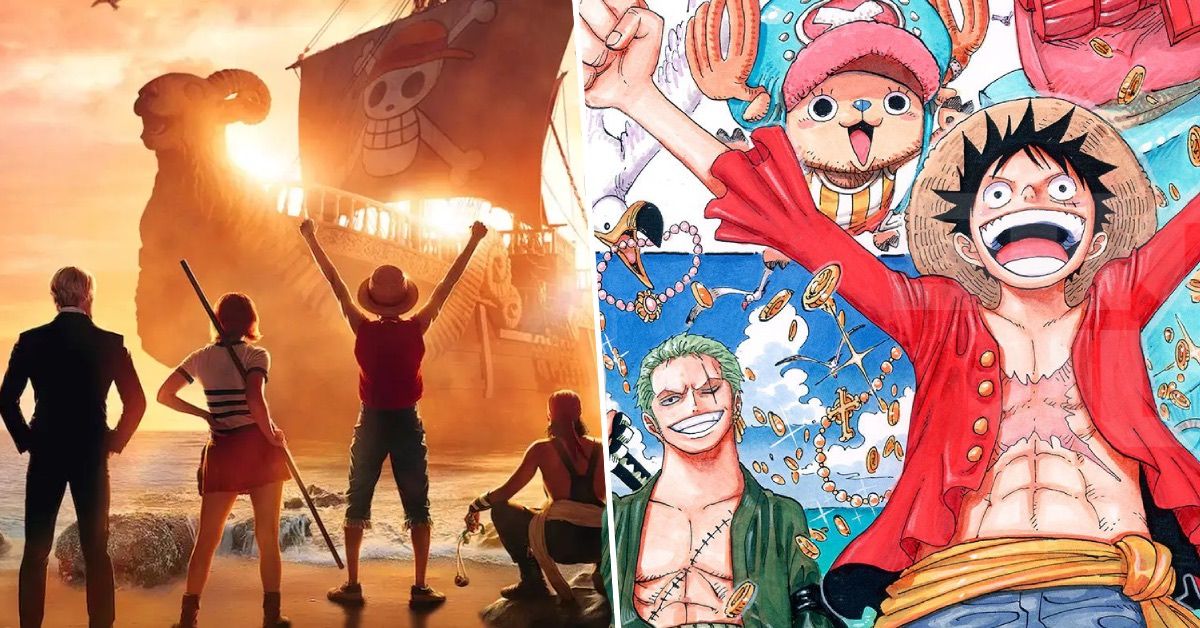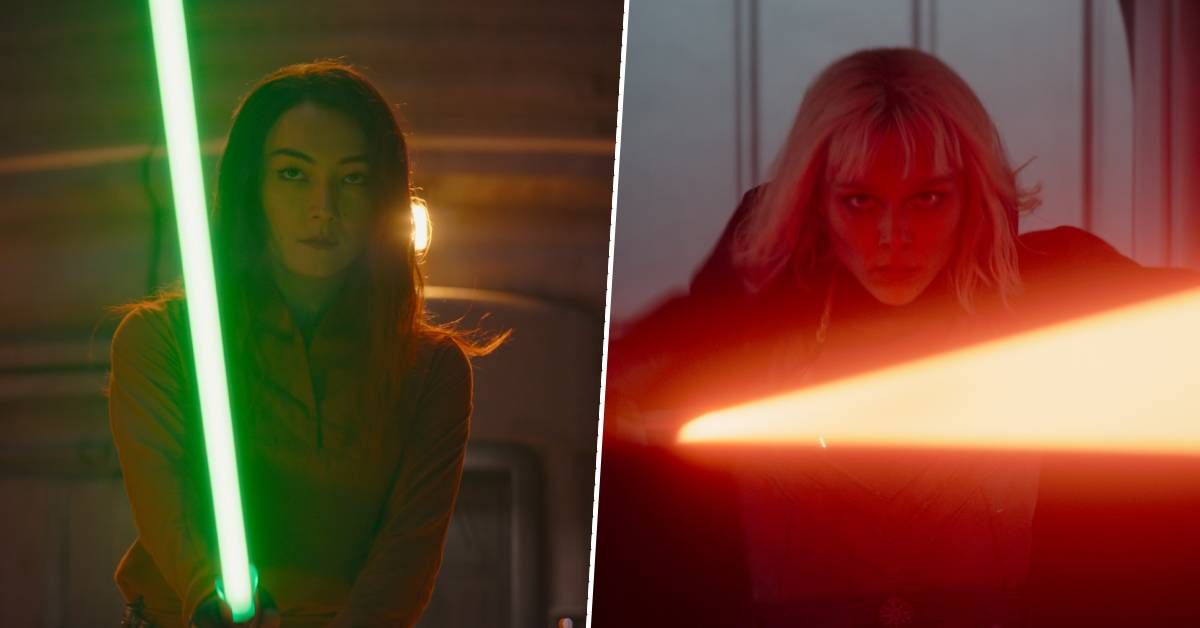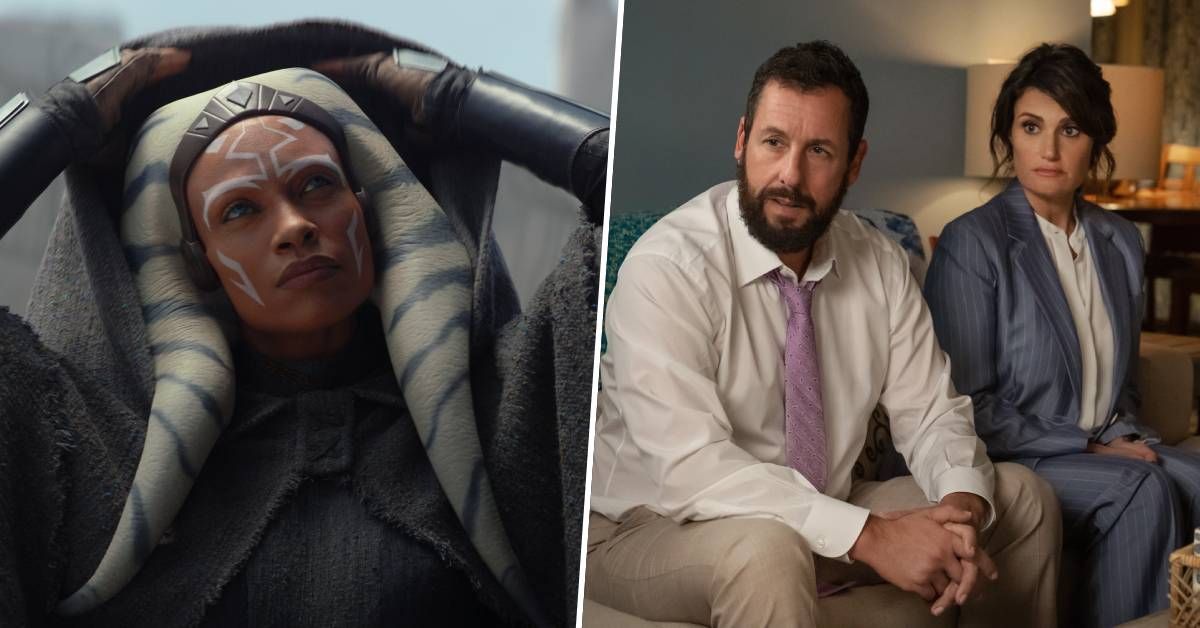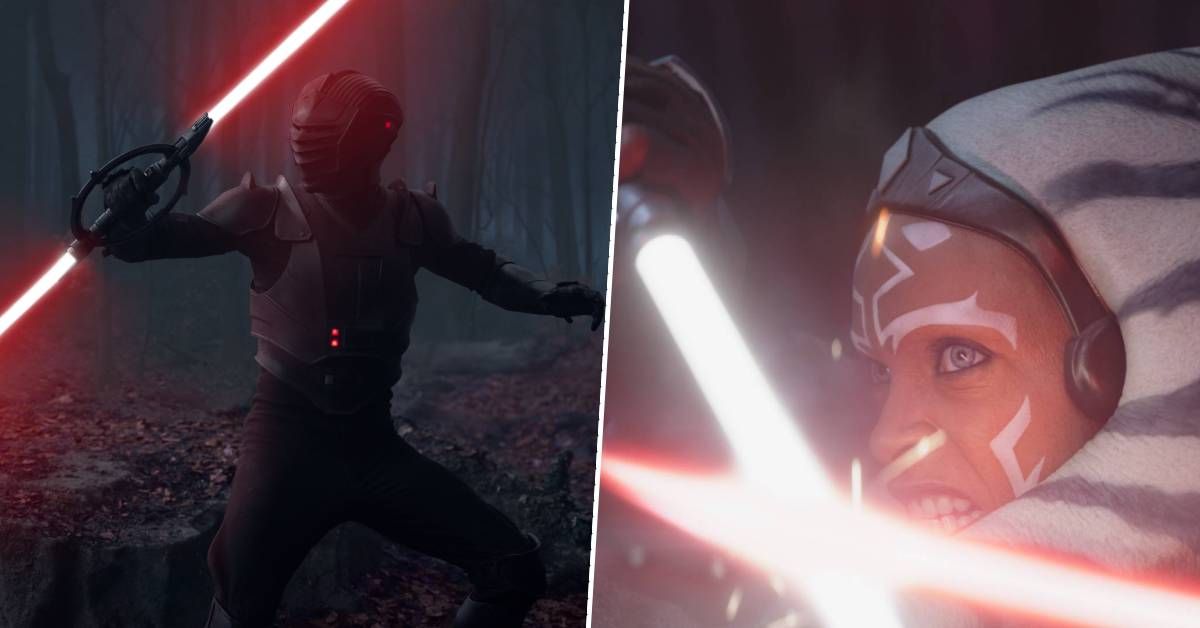Kevin Feige steadily built the Infinity Saga over the course of a decade, with Avengers: Endgame dramatically bringing the epic tale to a close. By bidding goodbye to major players, the MCU cleared the way for brand new stories to be told. But ever since Endgame, Marvel’s output has been directionless and confused. That all changes with Thor: Love and Thunder, a perfect example of what Marvel Phase 4 could – and should – aspire to be going forward. Major spoilers for Thor 4 ahead!
The recent spate of MCU movies and shows have been setting up the future, packing in crossover after crossover. There have been teases for a new line-up of Avengers (Shang-Chi and the Legend of the Ten Rings), Young Avengers (WandaVision, The Falcon and the Winter Soldier, Hawkeye, Doctor Strange in the Multiverse of Madness), Thunderbolts (Falcon and Black Widow), the multiverse (Loki, Spider-Man: No Way Home, Multiverse of Madness), Kang the Conqueror (Loki and soon Ant-Man and the Wasp: Quantumania), as well as the cosmic side of the MCU (Eternals, Shang-Chi). No longer patiently paving the way to one major storyline, Marvel has been preoccupied with setting up just about every major storyline you can think of – resulting in a messy MCU chapter.
Love and Thunder, meanwhile, is a breath of fresh air. For one thing, it’s a self-contained story which relies only on basic knowledge of the previous Thor movies and the events of Endgame, rather than multiple unrelated MCU projects. Even the Guardians’ cameo is a fun minor detail rather than a plot-relevant crossover. By the time the credits roll, the film feels like a complete movie, too. The central story – Thor’s mission to stop Gorr the God Butcher from slaughtering the MCU’s deities, along with Jane Foster’s return and her battle with cancer – is fully wrapped up. Of course, because this is Marvel, what comes next does set-up the future. The post-credits scenes introduce Hercules, played by Ted Lasso‘s Brett Goldstein, and reveal that Natalie Portman’s Jane (AKA Mighty Thor) has reached Valhalla, where she’s welcomed by Idris Elba’s Heimdall. But these teases are just that: tantalizing glimpses at what’s to come in the God of Thunder’s ongoing story, rather than a universe-spanning plot development.

Very few Phase 4 projects have the same feeling of completeness. Multiverse of Madness in particular would be near-incomprehensible for someone who hasn’t watched WandaVision, Loki, and No Way Home – and the film plays like pure set-up, establishing America Chavez, the Illuminati, Strange’s Third Eye, and Clea in an exhausting sprint through the multiverse. Similarly, Loki revolves around the introduction of Kang and the concept of multiple timelines, so the finale feels merely like a prologue for another project. Even Shang-Chi, which is mostly self-contained, ends with a blatant set-up for a future Avengers movie with the titular hero meeting Captain Marvel, Hulk, and Wong as they analyze how the Rings are sending a beacon into space. It’s obvious when we’ll next see Hercules and Valhalla: in Thor 5 (which, while unconfirmed, seems a given). But when will we see Clea, America Chavez, the Rings, and the multiverse again? It’s a mystery, because they’re all clearly positioned as having MCU-wide significance.
Love and Thunder’s standalone story also means it fits neatly into the wider MCU with no problems – we don’t have to remember a detail from an unrelated movie released last year to make sense of what’s going on. Other projects in Phase 4, meanwhile, are bogged down by all those tricky crossovers that promise a murky future. Black Widow, a prequel, took us back to the moments following Captain America: Civil War, and then it launched us into the present for a post-credits scene that set up Thunderbolts. That moment marked the second time the villain team had been teased following the Contessa’s minor role in The Falcon and the Winter Soldier. Over a year later, we still haven’t seen that bear fruit. Even Hawkeye didn’t acknowledge the story, despite the Black Widow post-credits scene setting the stage for Yelena’s appearance in the show. The only way we actually know Thunderbolts will eventually materialize is a report that a director has been tapped for the movie.
Read more…

Best Marvel movies – ranked! From Iron Man to Thor: Love and Thunder
Then there’s the excellent Ms. Marvel, required viewing for another project coming soon: The Marvels, which will also presumably pick up on the WandaVision post-credits scene featuring Monica Rambeau… two and a half years later. Similarly, Moon Knight, despite being a Phase 4 highlight with hardly any connection to the rest of the Marvel universe, still leaves things frustratingly unresolved: we don’t know if we’ll ever be seeing Oscar Isaac’s character again, so why end on a cliffhanger?
As the MCU trends more heavily toward crossovers and establishing the future, its individual stories begin to suffer: Love and Thunder demonstrates how to keep the MCU moving forward with new characters and new possibilities, while also telling a satisfying story. That should be the blueprint Marvel follows from now on, returning to self-contained tales with occasional crossovers that build to just one event, rather than trying to do absolutely everything at once – and sacrificing a cohesive narrative and leaving plot threads in limbo for years in the process.
Love and Thunder is in theaters now. Catch up on the MCU on Disney Plus, and for much more on the thorquel, check out our explainers on:
- Thor: Love and Thunder ending explained
- Every Thor: Love and Thunder Easter egg you might have missed
- When does Thor: Love and Thunder take place on the Marvel timeline?
- When to expect Thor: Love and Thunder on Disney Plus
- All the Thor: Love and Thunder cameos you might have missed
- Every cut Thor: Love and Thunder cameo, listed
- Does Thor have a daughter in the comics?
- Is Loki in Thor: Love and Thunder?
- How to watch the Marvel movies in order
- The full Marvel timeline, explained
 Games News games, movies and TV you love.
Games News games, movies and TV you love.



